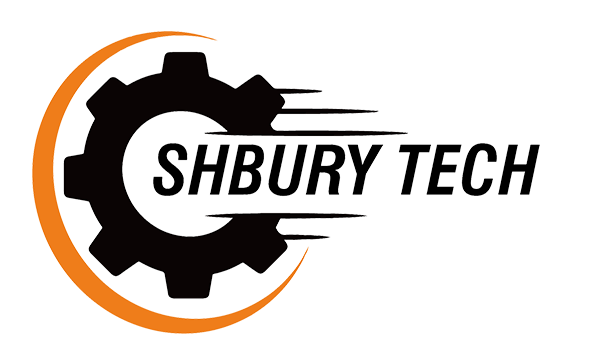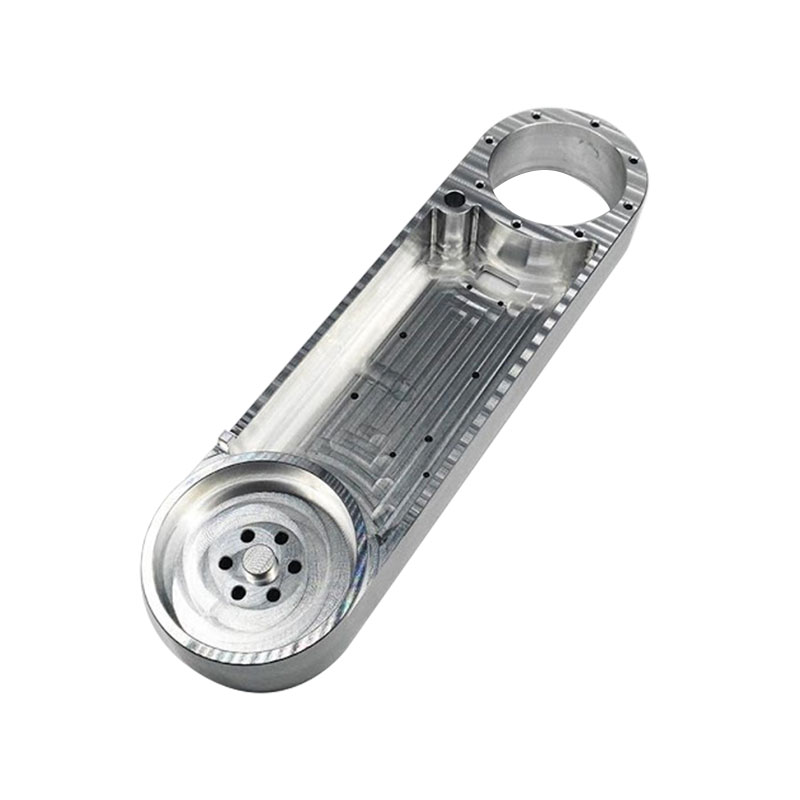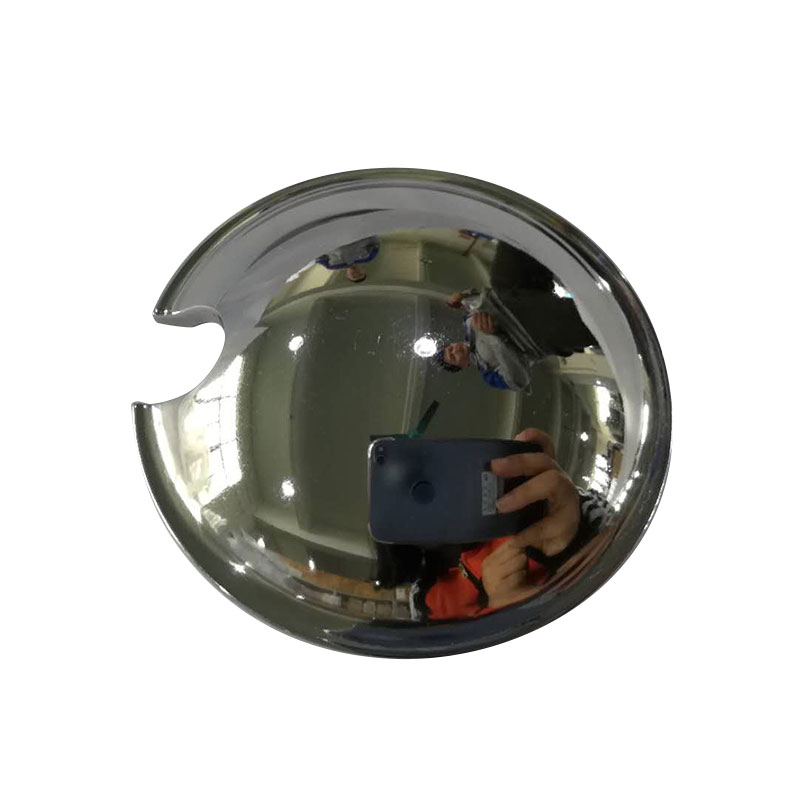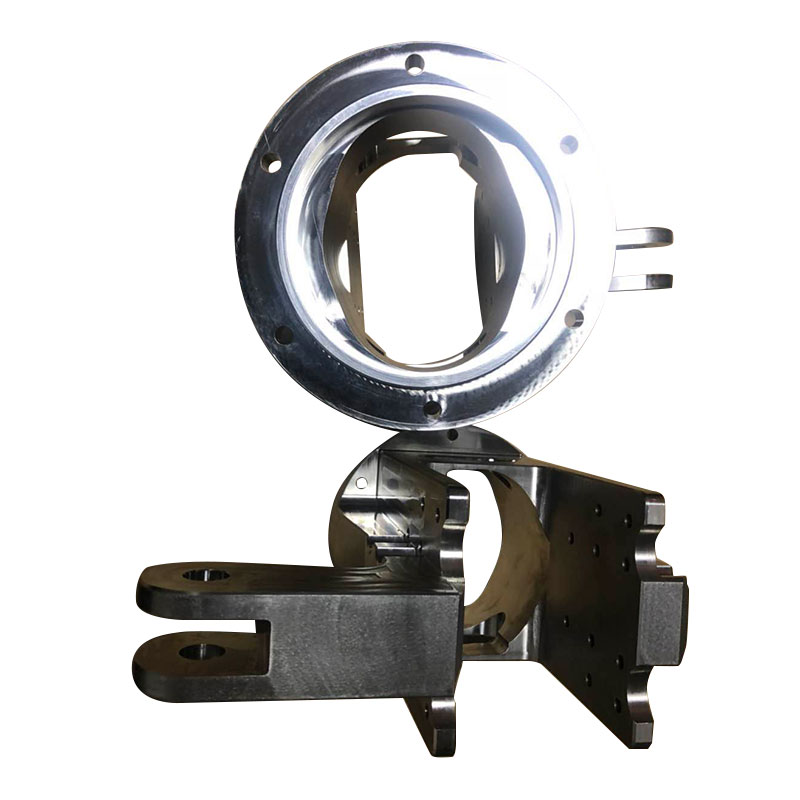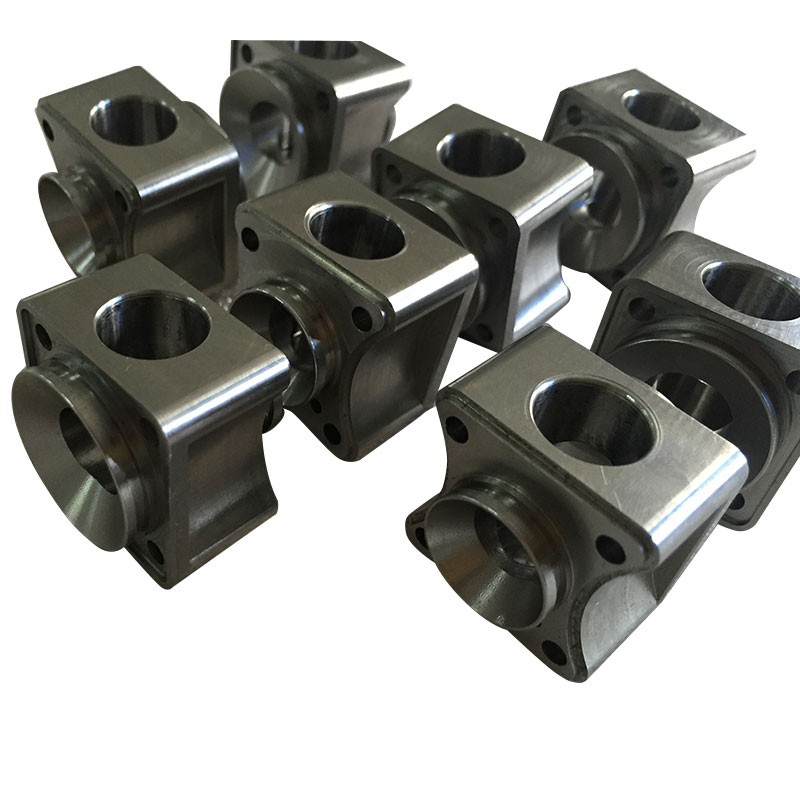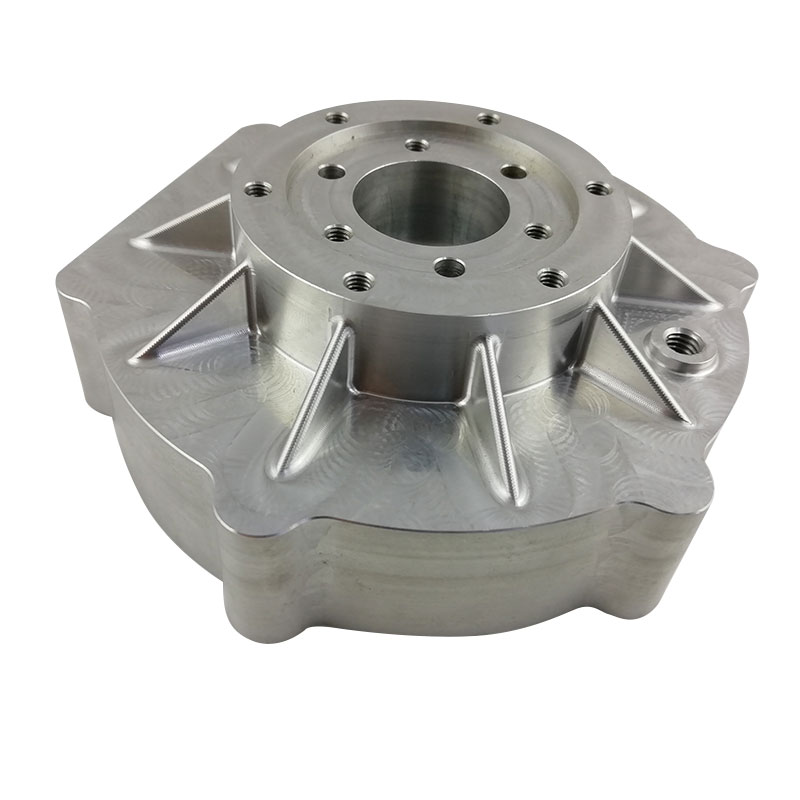Auto Parts CNC Machining
In the automotive industry, auto parts CNC machining service has been enthusiastically adopted, as auto parts CNC machining manufacturers across the globe seek to benefit from the process’ many perks, including speed, automation, repeatability and more.
Production speed
For medium to high production volumes, CNC machining offers rapid production times compared to traditional machining. This is largely because of its automated nature, which eliminates the need to lengthy and labour-intensive manual machining. There are also steps that can be taken in the production planning process to speed up and optimize the machine’s run time, including material choice and part tolerances.
Automation
Automation is in itself an advantage of CNC machining. Not only does it allow faster production times compared to manual processes, but it also makes the automotive manufacturing process more streamlined. If a part is sent to be manufactured on a CNC Machine and robotic arms can assist in the removal of the part once it is done, workers can dedicate more time to design and innovation tasks.
Repeatability
As a computer-controlled process, CNC machining also brings with it a guarantee of repeatability—a crucial element in any industrial-grade production setting. In the automotive industry, ensuring that parts are consistent from batch to batch, so that each car rolled out is up to the same standard, is vital.
Precision
In line with repeatability, auto parts CNC machining is capable of achieving tight tolerances for parts that demand it—though costs can be reduced if tolerances are more lenient. For automotive applications especially, CNC Machining can meet the required tolerances for engine and other functional components. The process is also capable of producing complex parts for vehicles.
Customization
Though it is perhaps not as well suited to customization as additive manufacturing, CNC Machining can be used in the automotive sector to produce customized parts with short lead times—either as one-offs or in small production volumes.
- View as
Car Engine Housing Parts CNC Machining
For some automotive components, CNC machining, which involves carrying out tasks like drilling and boring with computer control and automation, now serves as a favourable option for both prototyping and production.
CNC machines turn a digital file into a sequence computer instruction, which are sent to a motorised tool such as a drill, lathe or mill. The tool turns a block of material into a finished product by cutting it in the appropriate places, providing much greater accuracy than conventional machining.The following is about car engine housing parts CNC machining.

